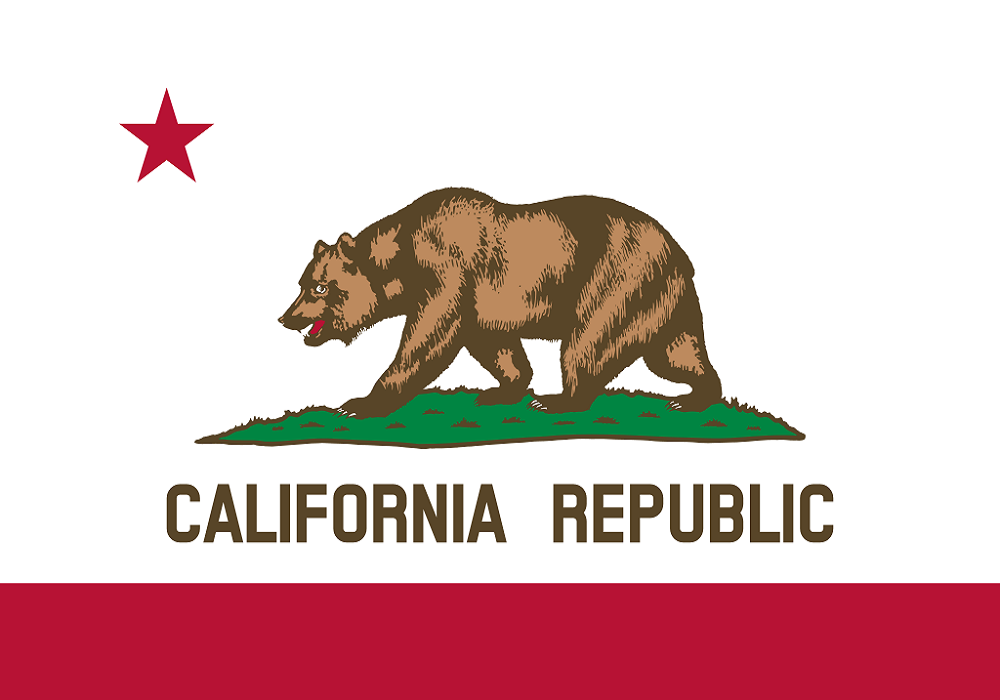The coordination motion judge must set a hearing date on a petition for coordination within 30 days of the date of the order assigning the coordination motion judge. When a coordination motion judge is assigned to decide a petition for coordination that lists additional included actions sharing a common question of law or fact with included actions in a petition for coordination already pending before the judge, the judge may continue the hearing date on the first petition no more than 30 calendar days in order to hear both petitions at the same time. The petitioner must provide notice of the hearing to each party appearing in an included action. If the coordination motion judge determines that a party that should be served with notice of the petition for coordination has not been served with notice, the coordination motion judge must order the petitioner to promptly serve that party. If the coordination motion judge determines that a hearing is not required under (b) , the hearing date must be vacated and notice provided to the parties.
A hearing must be held to decide a petition for coordination if a party opposes coordination. A petition for coordination may not be denied unless a hearing has been held.
If the petition for coordination has not been decided within 30 calendar days after the hearing, the coordination motion judge must promptly submit to the Chair of the Judicial Council a written report describing:
Cal. R. Ct. 3.527

